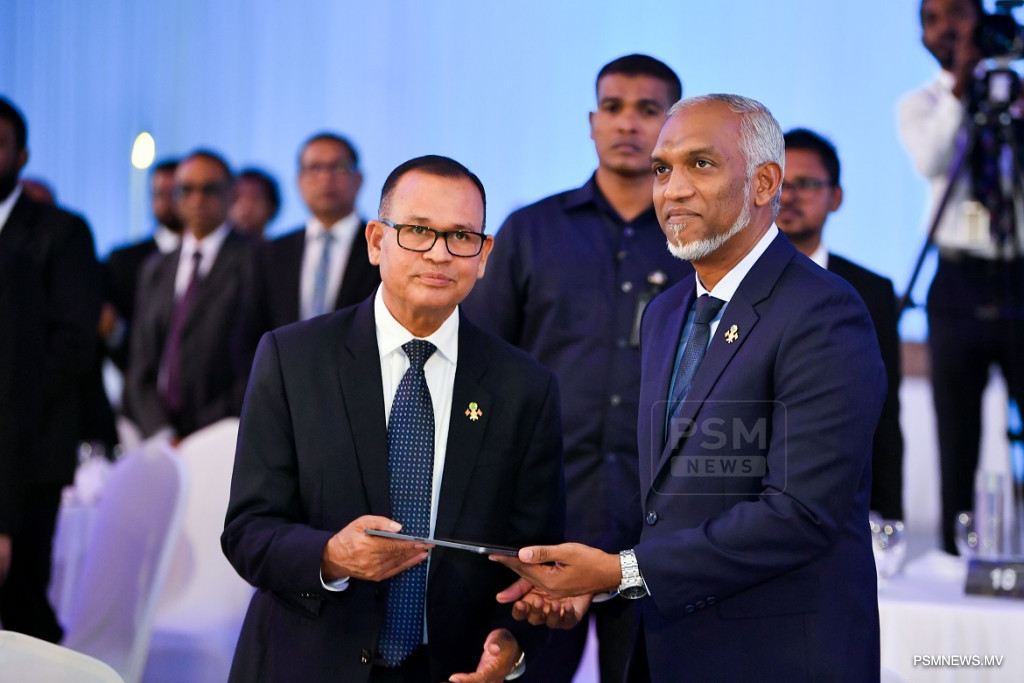
Since taking office, President Dr Mohamed Muizzu has distinguished his presidency through a relentless commitment to grassroots engagement, prioritising direct visits to islands across the Maldives.
His purpose is unequivocally noble - to observe the living conditions of the populace firsthand, identify the specific challenges councils face in driving rural development and progress, and attentively listen to local concerns. While many leaders engage in similar visits, President Dr Muizzu's unique emphasis lies not just on listening to grievances, but on actively finding and implementing solutions – a promise he is demonstrably fulfilling.
A significant manifestation of this approach is the President's swift action on the block grant system, a crucial budget allocation from the government for council-led development and municipal services.
Having listened to the concerns of various councils, President Muizzu has initiated a profound change: from next year, the budget for block grants will be determined by the physical size of the island, rather than solely its population. This pivotal decision directly addresses the plight of large, often sparsely populated atolls that, despite smaller populations, face substantial municipal works and higher expenditure for cleaning and maintenance across their expansive land areas.
As Minister of Cities, Local Government and Public Works Adam Shareef Umar highlighted in a post on his social media handles, this reform is instrumental in financially empowering councils, fostering sustainable income generation, and strengthening the decentralisation system by bringing practical character to their proposals.
This revised fiscal formula will be formally presented with the 2026 budget. In another move to address council concerns and bolster economic activity, the government has, for the first time, allocated uninhabited islands to councils for economic utilisation. These decisive actions underscore President Dr Muizzu's policy of responsive governance, directly transforming local voices into tangible policy changes that empower communities and ensure more equitable and effective regional and national development.
